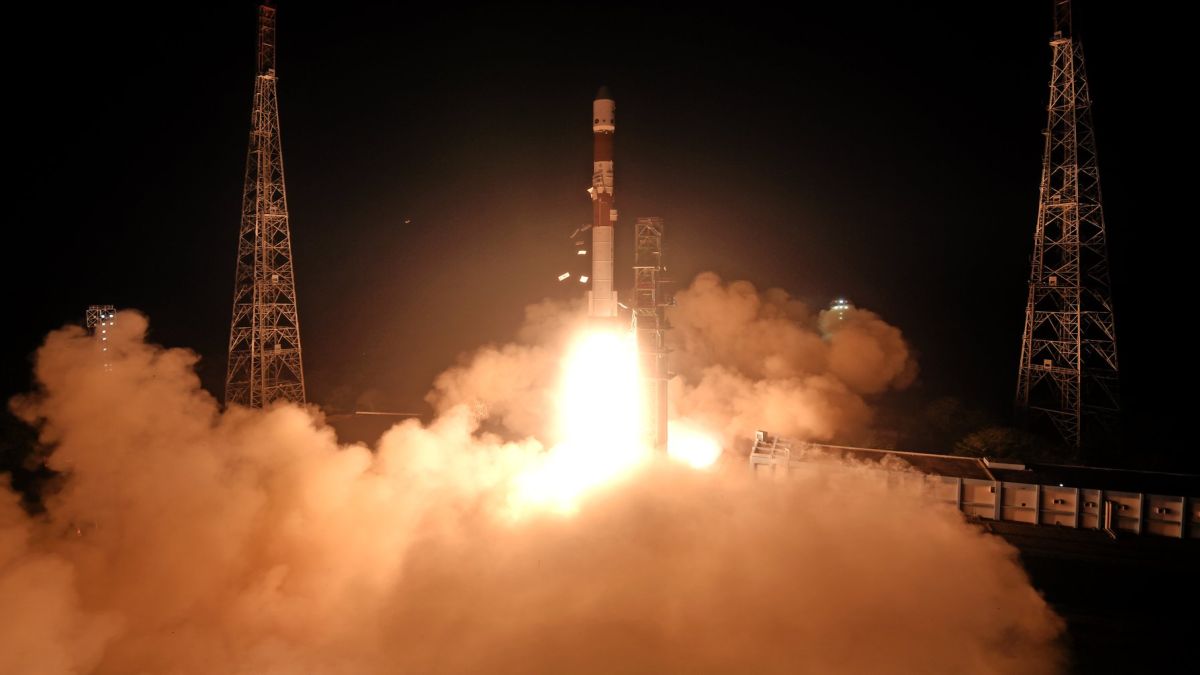India’s space sector is undergoing a remarkable transformation, propelled by progressive government policies and the burgeoning involvement of private enterprises. Initiatives such as the Indian Space Policy of 2023 and the establishment of IN-SPACe, have unlocked unprecedented opportunities for start-ups and private organisations, cementing India’s position as a rising powerhouse in the global space market. As the country approaches Budget 2025-26, one critical area the Government should focus on is in establishing a robust framework for indirect tax policies and fiscal incentives across the value chain of the space sector.
In July 2023, the GST Council took a significant decision to exempt GST on satellite launch services offered by private organisations. This decision was celebrated as a landmark step, leveling the playing field for private players, especially start-ups in a domain historically dominated by the Indian Space Research Organisation (ISRO) and Antrix Corporation Limited. The exemption has undeniably spurred innovation and competitiveness. However, all input tax costs borne by private organisations will become cost in their hands. Further, its scope remains limited, addressing only the end launch service while overlooking the broader value chain involved in the sector. The result is an incomplete framework that continues to impose substantial input tax burden on manufacturers and service providers, dampening the sector’s growth potential.
Satellite launch services are part of a complex ecosystem encompassing satellites, ground systems, launch vehicles, and ancillary services. Although the import of satellites, payloads, and certain ground equipment, enjoys complete customs and GST exemption, the same benefit does not extend to certain essential inputs such as raw materials, components, and spares required for launch vehicles, satellites and payloads. These inputs are subjected to a 5% customs duty and GST, creating non-recoverable tax costs that erode the global competitiveness of Indian manufacturers. This inconsistency in policy inadvertently discourages domestic manufacturing by making finished goods imports more tax-efficient than locally produced alternatives.
To address this disparity, extending import duty exemptions to include all inputs required for satellite and launch vehicle manufacturing, is essential. A similar approach must be applied to domestic procurement, where the absence of GST exemptions further exacerbates the cost disadvantage for Indian manufacturers who are supplying to launch service providers. Aligning tax policies with the “Make-in-India” initiative by exempting GST on goods and services integral to satellite and launch vehicle domestic manufacturing, could unleash a cascade of benefits.
Impact Shorts
More ShortsFirst, eliminating non-recoverable tax costs would make Indian space services more cost-competitive, attracting both domestic and international companies. This move would also bolster the country’s appeal as an investment destination, encouraging companies to allocate more resources to research, development, and production. With reduced tax burden, businesses would have greater financial flexibility to innovate, driving advancements in technology and strengthening India’s position as a leader in space exploration.
Moreover, such tax reforms would align seamlessly with the government’s Atmanirbhar Bharat (self-reliant India) vision by reducing dependence on imports and fostering indigenous production capabilities. A comprehensive tax policy that incentivizes local manufacturing can ensure that India’s space ambitions are built on a foundation of domestic expertise and innovation.
For these reforms to deliver meaningful change, they must target key components of the satellite launch ecosystem. Exempting GST on satellites, subsystems, and ground systems such as antennas and telemetry devices would significantly lower production costs. Extending the exemption to include the manufacturing of launch vehicles and their components is equally crucial, ensuring a cohesive policy that supports the entire value chain. Additionally, offering GST exemptions on research and development services would foster an environment of innovation, encouraging companies to explore cutting-edge solutions tailored to diverse stakeholders’ needs.
Globally, countries such as the United States and members of the European Union have recognized the strategic value of their space industries, implementing tax incentives that bolster domestic manufacturing and research. For example, the US offers robust tax benefits for aerospace R&D, while the EU supports space activities through exemptions and subsidies.
Secondly, a recent parliamentary discussion in December 2024 revealed that an “Investment Incentive Scheme” has been proposed for the space sector, offering an alternative to the Production-Linked Incentive Scheme. Swift rollout of this scheme in collaboration with industry stakeholders could provide the much-needed momentum to elevate India’s space industry to global prominence.
India stands at a pivotal juncture, where the synergy between government policy and private enterprise can redefine its space sector. By introducing comprehensive indirect tax reform in Budget 2025-26, the government can dismantle barriers that hinder growth and innovation.
As the country reaches for the stars, a supportive tax framework can provide the launchpad needed to ensure that India’s space ambitions soar beyond expectations.
Madhava Yathigiri is Partner, TMT-Tax Leader, Deloitte India supported by Dhwani Gada, Associate Director. Views expressed in the above piece are personal and solely those of the author. They do not necessarily reflect Firstpost’s views.
)